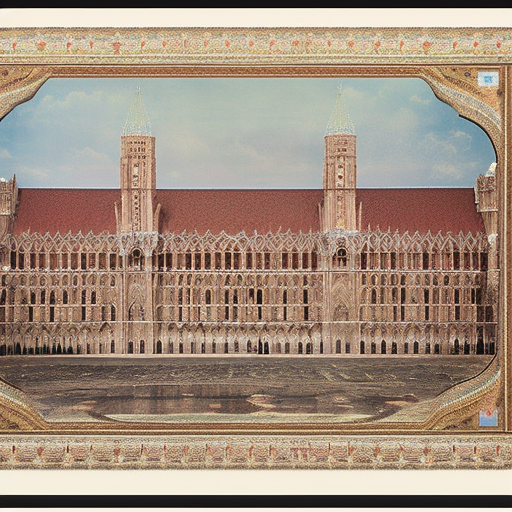Cultural History: Exploring the Rich Tapestry of Human Civilization
Cultural history is a multidisciplinary field that examines the diverse aspects of human civilization, including its beliefs, customs, traditions, arts, and social structures. By delving into the past, cultural historians seek to understand how societies have evolved and how cultural practices have shaped human experiences throughout history.
Understanding Cultural History
Cultural history encompasses a wide range of disciplines, including anthropology, archaeology, sociology, art history, and literature. It seeks to analyze and interpret the cultural artifacts and practices of different societies, providing insights into the values, beliefs, and behaviors that have shaped human existence.
Exploring Cultural Artifacts
One of the primary focuses of cultural history is the study of cultural artifacts. These can include physical objects such as tools, artwork, and architecture, as well as intangible elements like language, music, and religious rituals. By examining these artifacts, cultural historians can gain valuable insights into the daily lives, beliefs, and social structures of past societies.
Tracing Cultural Transformations
Cultural history also aims to trace the transformations that occur within societies over time. By analyzing the changes in cultural practices, beliefs, and values, historians can understand how societies adapt and evolve in response to various factors such as technological advancements, political shifts, and social movements. This helps us comprehend the complex interplay between culture and society.
Interpreting Cultural Meanings
Another crucial aspect of cultural history is the interpretation of cultural meanings. Cultural historians strive to understand the symbolic significance of cultural practices and artifacts within their specific historical and social contexts. By examining the meanings attached to certain rituals, symbols, or artistic expressions, historians can gain insights into the values, beliefs, and aspirations of past societies.
Uncovering Hidden Narratives
Cultural history also seeks to uncover hidden narratives that have been marginalized or overlooked in traditional historical accounts. By examining the experiences and perspectives of marginalized groups such as women, minorities, and indigenous communities, cultural historians aim to provide a more inclusive and comprehensive understanding of the past. This approach helps challenge dominant narratives and shed light on previously neglected aspects of history.
Impact of Cultural History
The study of cultural history has far-reaching implications for our understanding of the present and future. By examining the diverse cultural practices and beliefs of different societies, cultural historians can foster cross-cultural understanding and appreciation. This helps promote tolerance, empathy, and respect for cultural diversity in today’s globalized world.
Conclusion
Cultural history is a multidimensional field that explores the rich tapestry of human civilization. By examining cultural artifacts, tracing transformations, interpreting meanings, and uncovering hidden narratives, cultural historians provide valuable insights into the complexities of human existence. Their work helps us understand the past, appreciate cultural diversity, and navigate the challenges of the present and future.












